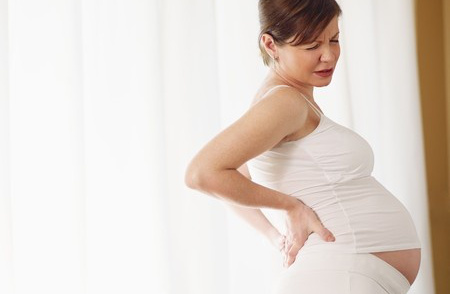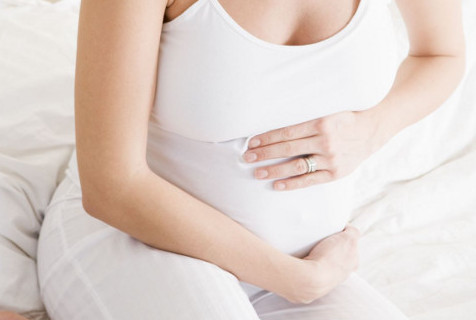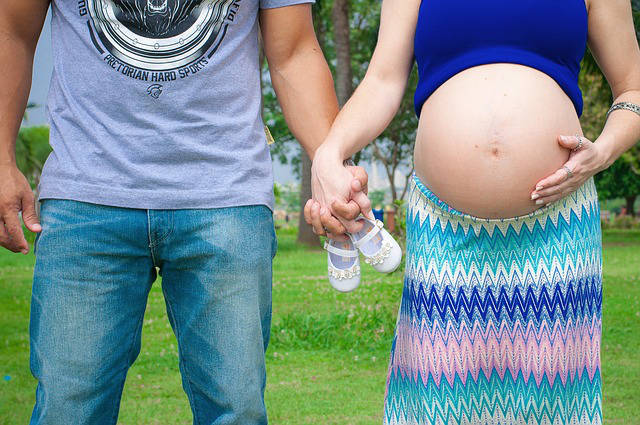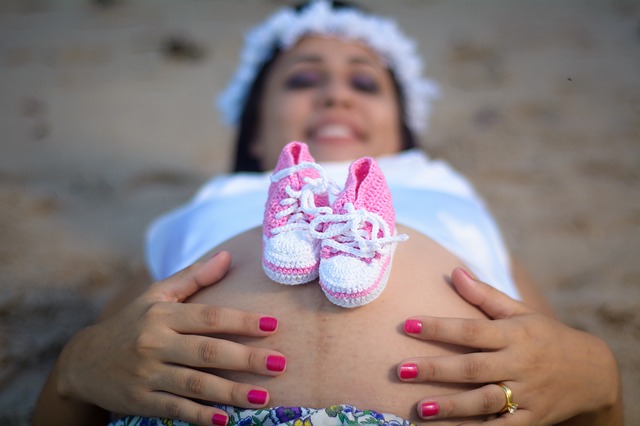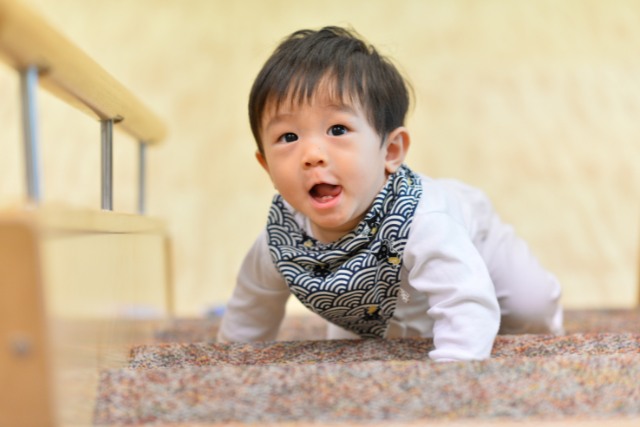The fertility trend of the 21st century is that women are having fewer children and they are delaying births to a later age than in previous centuries. Women who choose to delay their attempts at conception may encounter delays and disappointments due to decreased fecundity. Maternal age has an impact on the health of mothers, their babies, and health care costs.
The clock is ticking…
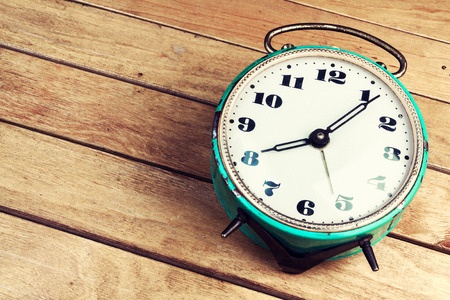
When we are talking about a woman’s fertility, there is such a thing as a ticking clock. The age of the egg is the single most important determinant in achieving a successful pregnancy. Fertility begins to decline from age 28 and rapidly declines over the age of 40.
The biological basis of this decline in fecundity with increasing female age involves several factors; germ cells in the female are not replenished during life. Women are born with 1.2 million eggs, and these undergo a slow decline throughout their reproductive age. At puberty, the number of eggs would have diminished to about 200 000 and at age 20, about 50 000 eggs remain.
By age 40, this figure would have dropped drastically to less than 10000, in which less than 1% of these will ovulate. This natural atresia of eggs is a biological mechanism for reasons which still remain unknown to doctors. It is an inevitable occurrence that even modern science and technology cannot retard.
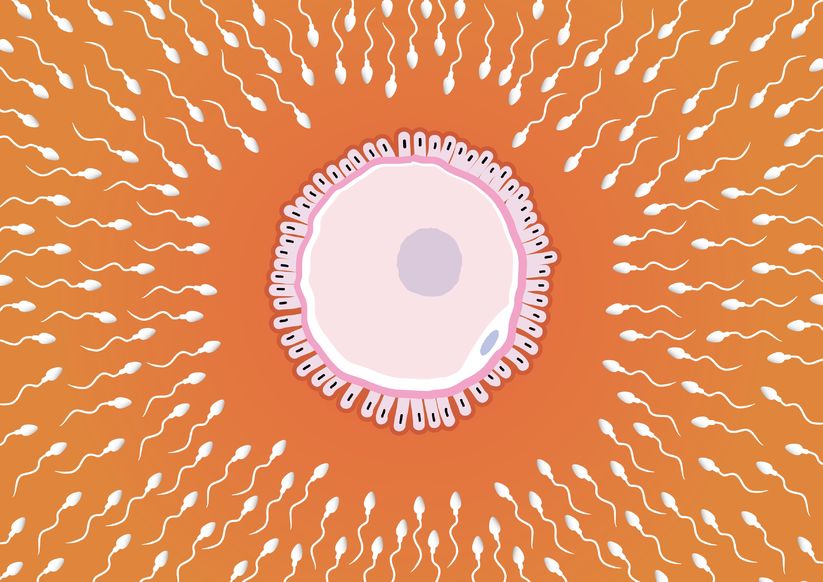
Besides a decline in the quantity of eggs, the percentage of eggs left in the ovary that is genetically normal also declines with a woman’s age. This decline is much more significant than what doctors used to think.
By the time a woman reaches 35 years of age, we see common mishaps such as genetic disorders due to splitting of the genetics at the meiotic stage and cause syndromes such as Down syndrome.
Age does matter
A 20-year-old woman has a 86% chance of getting pregnant. By 35, this drops to 52%, and by 45 years old, a woman has a mere 5% chance of getting pregnant. Therefore the younger the woman, the younger the eggs and the better the genetic health.
Many women have the misconception that if they still have periods, they are still fertile. The average age of menopause is about 51. But if we look at most natural populations, the average age of women with the last child is about 41. This is because of a decline in the egg quality. The eggs ovulated by older women are more likely to contain chromosomal abnormality, and hence a higher miscarriage risk.
Pregnancy in older women (> 35 years old)
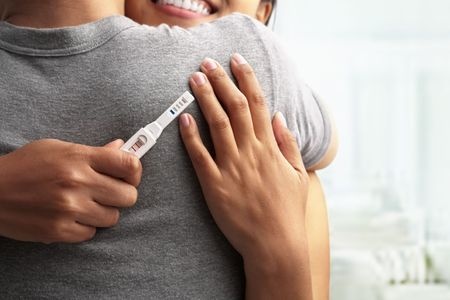
Compared to women under the age of 35, those giving birth at 35 and over are more likely to have pre-existing high blood pressure and to develop high blood pressure and pre-eclampsia, a serious pregnancy complication in which high blood pressure and protein in the urine develops after 20 weeks gestation.
They are also more likely to develop gestational diabetes, and experience abnormal placental implantation (placenta praevia – a condition in which the placenta is sited low in the uterus and may obstruct the womb entrance).
They were also more likely to require a Caesarean delivery. Among first-time mothers 40 and over, one of every two may have a caesarean delivery. Rates of labour complications and interventions are also disproportionately higher, such as the need for instrumental vaginal deliveries and premature placental separation.
Maternal age also impacts adverse birth outcomes and birth defects. Women aged 35 and over were at higher risk of preterm births, with rates more than 20% higher than those aged 20-34 years old.
First-time mothers 35 and over, particularly those 40 and over, were at increased risk of delivering small-for-gestational age babies compared with their younger counterparts, those age 20-34. The risk of women over 35 delivering babies with chromosomal defects can be as much as fourfold higher than that among younger mothers
➡️ Related Read: Pregnancy after 35: What to note
What about men’s age and fertility?
There are good studies to show that men’s semen quantity peaks between 30 – 35, and declines to the lowest after age 55. Besides quantity, sperm motility also declined with a man’s age. Similar to women’s age-related decline in egg quality, genetic quality of male sperm also declines with age. This may lead to decreased fertility, increased chance of miscarriage and increased risk of birth defects.
By By Dr Ben Choey, Obstetrics and Gynaecology Specialist.
This article was first published in The New Age Parents e-magazine.
* * * * *
Like what you see here? Get parenting tips and stories straight to your inbox! Join our mailing list here.
Want to be heard 👂 and seen 👀 by over 100,000 parents in Singapore? We can help! Leave your contact here and we’ll be in touch.





































